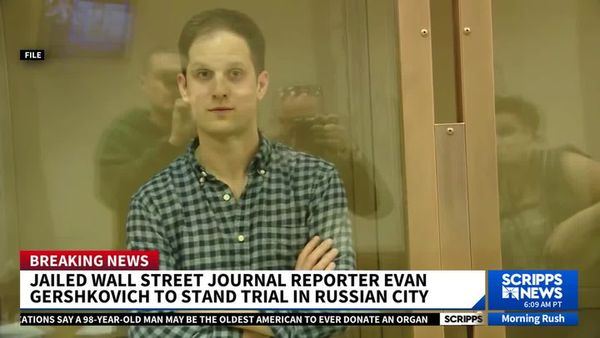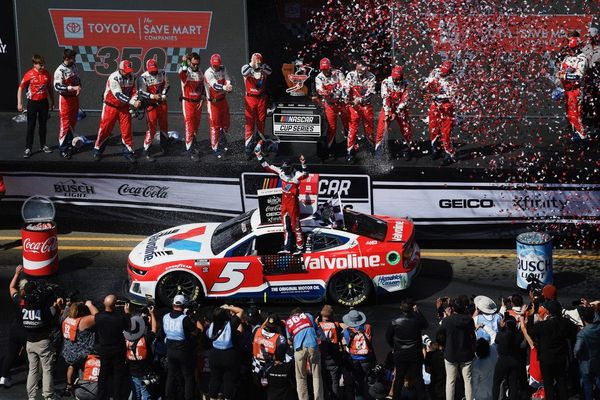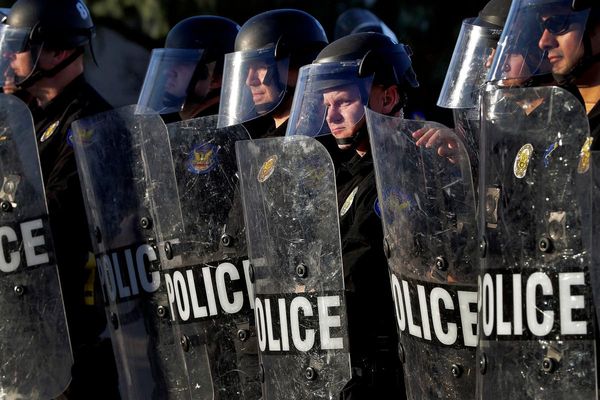
Geert Wilders, the Dutch populist whose Party for Freedom (PVV) won the most seats in last week’s election, will have to sacrifice almost all his far-right manifesto to enter government, analysts say – and even that may not be enough for him to form a new coalition.
As Wilders on Tuesday appointed a second “scout” to scope out possible alliances (the first stepped down on Monday over fraud allegations), he again insisted on social media that the PVV was “a broad party” and “there for everyone”.
But it will take more than words to persuade potential coalition partners. What will count is how much of his platform he is willing to scrap – and what other parties will demand to govern alongside a veteran far-right polemicist and provocateur.
In the multi-party Netherlands, governed by coalitions for well over a century, the election is “really just the end of the beginning”, said Rem Korteweg, a senior fellow at the Clingendael Institute thinktank.
“It’s as if the cards have been dealt, and now the players have to play,” Korteweg said. “Each party has its red lines, its bargaining chips. There’s always endless horsetrading; this time there’ll be even more. Manifestos become almost irrelevant. The coalition deal is what matters.”
And there is little room for error, said Sarah de Lange, a political scientist at the University of Amsterdam. “This is a formal, signed agreement,” she said. “In principle, cabinet members are bound by it. Deviating from it as a minister without cabinet permission is a grave offence that could see you sent home.”
Wilders’ PVV won a shock 37 seats but remains far short of a 76-seat majority. His preferred coalition is with the new pro-reform NSC party of Pieter Omtzigt (20 seats), the BBB agrarian party (seven seats), and the centre-right VVD party (24 seats).
The BBB has declared itself willing to join a PVV-led coalition. Omtzigt had previously rejected the idea, but said after the election that the result must be respected, the country had to have a government, and his party was prepared to at least talk.
The VVD party of the outgoing prime minister Mark Rutte, however, which said during the campaign it could govern with the PVV, has ruled out serving in a Wilders-led cabinet – but said it could “support” a centre-right coalition from the sidelines.
Whole swathes of Wilders’ manifesto are unacceptable to potential coalition partners, or simply illegal. Among other pledges, it promised a “Nexit” referendum on leaving the EU, a return to the guilder (the pre-euro currency) and an end to the free movement of EU workers.
Oil and gas drilling was to be increased, environmental regulations torn up and international climate agreements opted out of. On law and order, the party promised to put 14-year-olds before adult criminal courts amid “zero tolerance for street scum”.
The PVV wants all new asylum claims rejected, dual-national criminals deported, and an end to military aid to Ukraine. It also proposes a ban on mosques, Islamic headscarves in public buildings and possession of the Qur’an.
Apparently in an attempt to make himself more palatable to potential coalition allies, Wilders has said he recognises the country has “other priorities” than his anti-Islam programme, elements of which he is prepared to put “on ice”.
He will need to go much further than that, analysts say. Most of Wilders’ proposed anti-Islamic measures would infringe on Dutch citizens’ constitutional right to freely practise their religion and would be rejected out of hand in coalition negotiations.
Much of his immigration plan, aimed at curbing what he has called a “tsunami of refugees and immigrants”, would also face court challenges unless the Netherlands leaves the EU, the Council of Europe and several UN conventions, legal experts have said.
Other measures are non-starters politically: no partner will accept a Nexit referendum or an end to aid to Ukraine, while the VVD would not back a plan to return the retirement age to 65 and the NSC would reject Wilder’s pledge to cut development aid to zero.
Above and beyond these yawning policy differences, there are other factors that could make coalition talks very difficult for Wilders. Although the PVV finished as the largest party, it is not in a particularly strong negotiating position.
“One thing that is important for its bargaining power is that it has no alternative,” said De Lange. “NSC, VVD, and BBB could conceivably find another, more left-leaning coalition. Wilders cannot.”
Wilders’ outbursts – he has called Islam a “totalitarian ideology”, Moroccans “scum”, and compared the Qur’an to Mein Kampf – and record (he has a court conviction for insulting Moroccans and was refused entry to the UK) could also prove a problem.
“Potential partners are going to want guarantees, for example that he won’t – as he has in the past – make statements undermining parliament or the rule of law,” Korteweg said. “He’s going to have to prove somehow he can be reliable.”
The PVV itself is another obstacle: it has no former ministers, and legal and other scandals involving its MPs contributed to the collapse of a 2010 agreement under which it briefly propped up a previous Rutte-led cabinet.
All of these factors will be part of negotiators’ considerations as the eventual partners – assuming things get that far – begin to haggle over the coalition agreement, a process that often lasts months: it took the previous coalition more than 270 days.
Non-observance of the agreement, a “sort of legislative blueprint, but in more abstract terms than actual legislation”, can lead “to a government crisis and, potentially the fall of the government and early elections”, De Lange said.
So any parties signing up to a PVV-led government will be “really extremely careful”, Korteweg said. The contours of a very basic Wilders-Omtzigt agreement – tough on immigration and on EU budget and eurozone rules – may be discernible, he said.
“But what will Wilders be prepared to give up? And what about his baggage? Omtzigt in particular has a really huge strategic decision to make: he’s been a rule-of-law crusader, he campaigned on a pledge to ‘do politics differently’.
“Does he really want to normalise a radical, far-right firebrand?”







